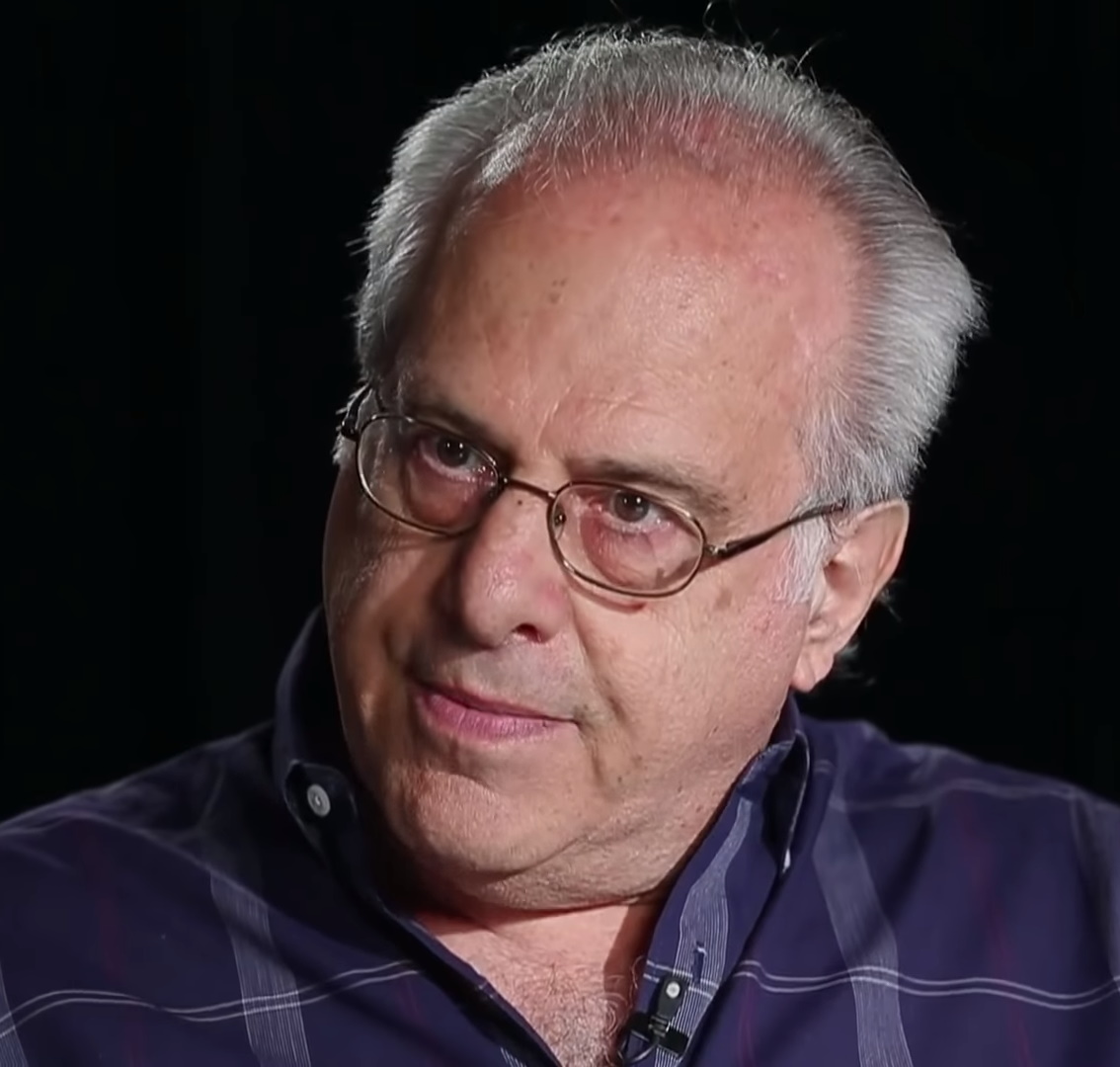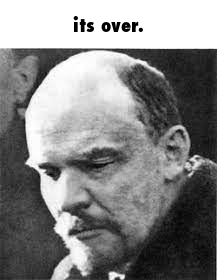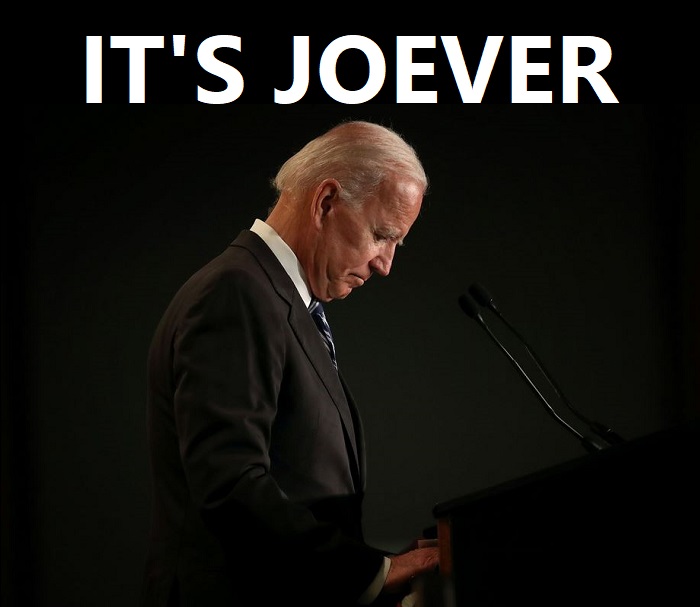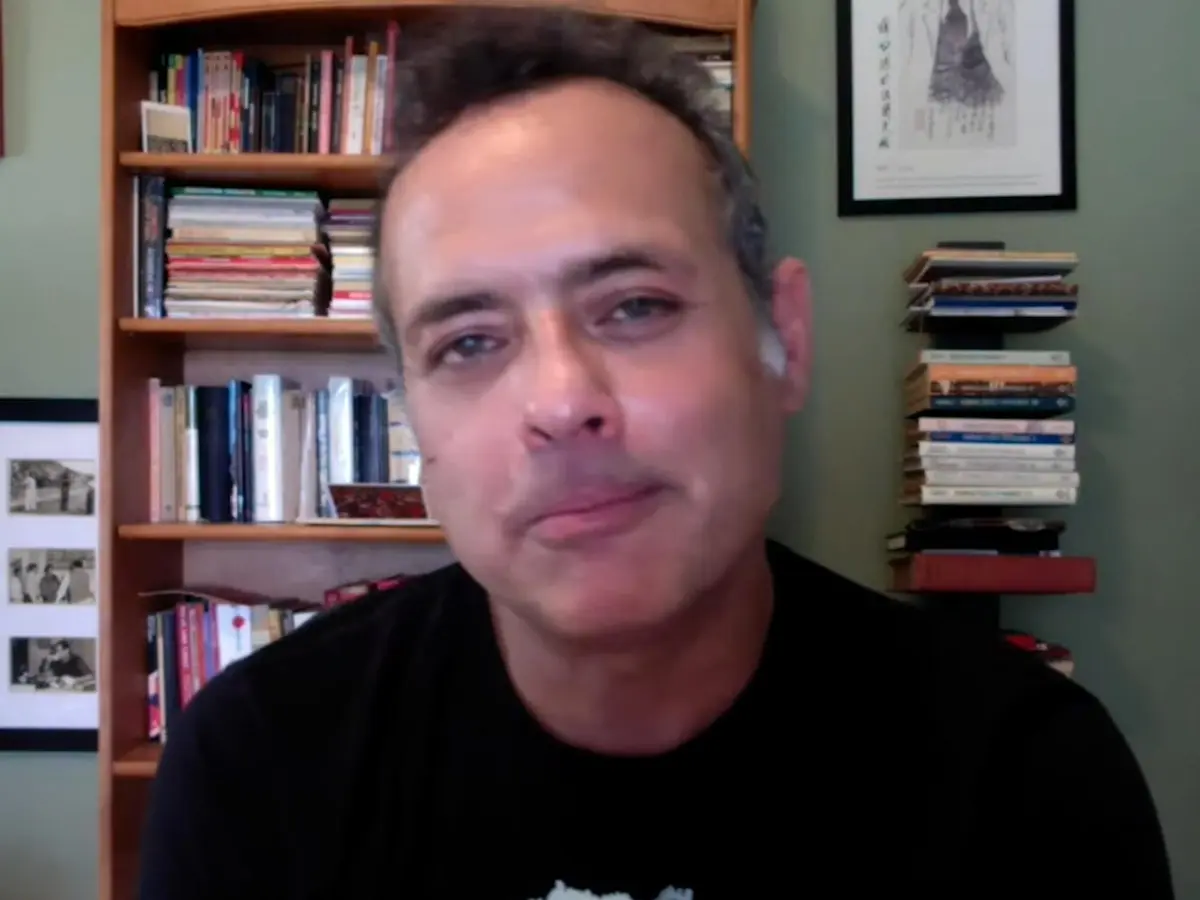Two people in this thread say that with the internet, we can move away from "big public figures"/"big thinkers". While I appreciate this optimism, it just sounds very anti-authoritarian, and I quote from Engels On Authority:
Why do the anti-authoritarians not confine themselves to crying out against political authority, the state? All Socialists are agreed that the political state, and with it political authority, will disappear as a result of the coming social revolution, that is, that public functions will lose their political character and will be transformed into the simple administrative functions of watching over the true interests of society. But the anti-authoritarians demand that the political state be abolished at one stroke, even before the social conditions that gave birth to it have been destroyed. They demand that the first act of the social revolution shall be the abolition of authority.
There are anti-government and anti-"big corp/business" tendencies in the US/West, which I will call "anti-authority" for now. The essense of "anti-authority" in capitalist countries is anti-capitalism, or anti-"dictatorship of the bourgeoisie", but there is a gap in this logic that stops people from turning into marxists right away, as they might instead become anarchists. This gap in logic will not be closed just by having everyone have access to free information through the internet, as there is too much information to digest, and imperialists will also interfere with the propagation of marxist ideology.
"Anti-authoritarian" sentiments do have positive outcomes, like decentralized technologies (think internet, bittorrent, p2p, fediverse etc.), the open source software movement, but these only serve as tools, they are the means and not the end.




